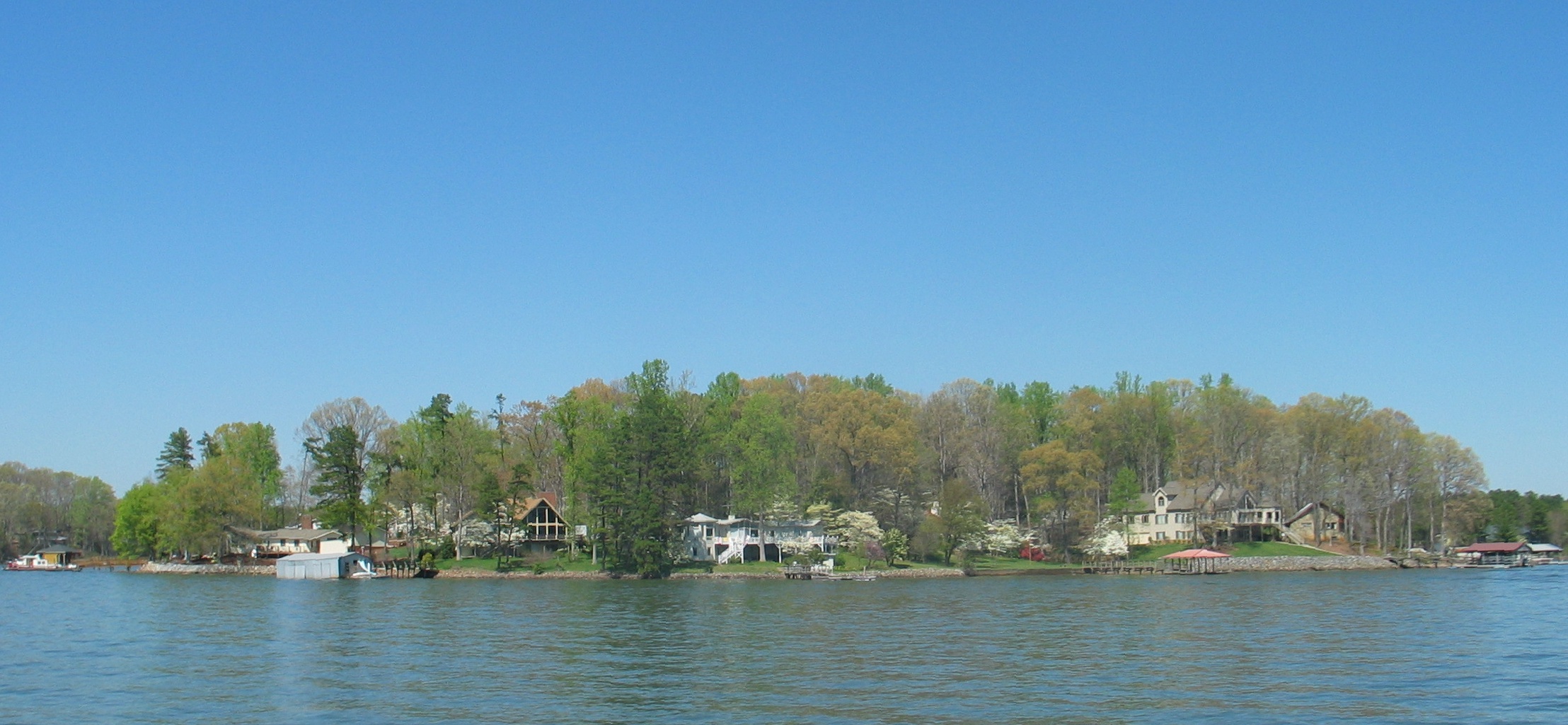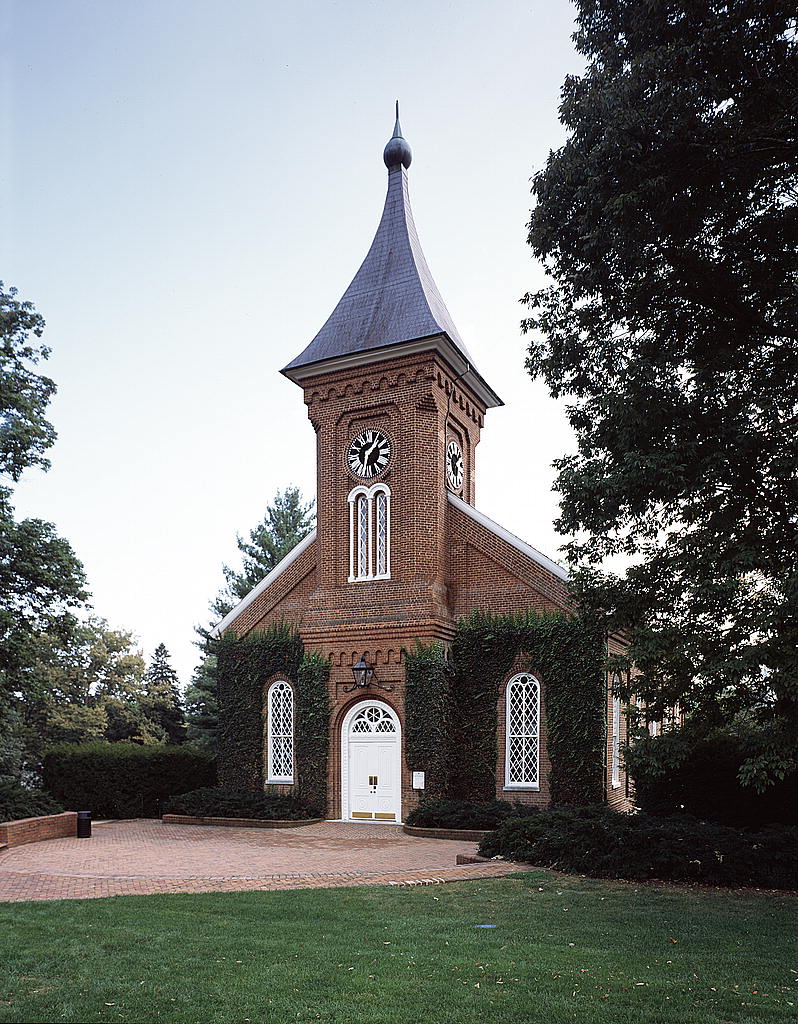|
1979 Furman Paladins Football Team
{{collegefootball-1970s-season-stub ...
The 1979 Furman Paladins football team was an American football team that represented Furman University as a member of the Southern Conference (SoCon) during the 1979 NCAA Division I-A football season. In their second year under head coach Dick Sheridan, the Paladins compiled an overall record of 5–6 with a conference mark of 4–3, placing fourth in the SoCon. Schedule References Furman Furman Paladins football seasons Furman Paladins football The Furman Paladins football program is the intercollegiate American football team for the Furman University located in the state of South Carolina. The team competes in the NCAA Division I Football Championship Subdivision (FCS) as members of t ... [...More Info...] [...Related Items...] OR: [Wikipedia] [Google] [Baidu] |
Southern Conference
The Southern Conference (SoCon) is a collegiate athletic conference affiliated with the National Collegiate Athletic Association (NCAA) Division I. Southern Conference football teams compete in the Football Championship Subdivision (formerly known as Division I-AA). Member institutions are located in the states of Alabama, Georgia, North Carolina, South Carolina, Tennessee, and Virginia. Established in 1921, the Southern Conference ranks as the fifth-oldest major college athletic conference in the United States, and either the third- or fourth-oldest in continuous operation, depending on definitions. Among conferences currently in operation, the Big Ten (1896) and Missouri Valley (1907) are indisputably older. The Pac-12 Conference did not operate under its current charter until 1959, but claims the history of the Pacific Coast Conference, founded in 1915, as its own. The Southwest Conference (SWC) was founded in 1914, but ceased operation in 1996. The Big Eight Conference ... [...More Info...] [...Related Items...] OR: [Wikipedia] [Google] [Baidu] |
1979 Marshall Thundering Herd Football Team ...
The 1979 Marshall Thundering Herd football team was an American football team that represented Marshall University in the Southern Conference (SoCon) during the 1979 NCAA Division I-A football season. In its first season under head coach Sonny Randle, the team compiled a 1–10 record (0–6 against conference opponents) and was outscored by a total of 309 to 95. The team played its home games at Fairfield Stadium in Huntington, West Virginia. Schedule References {{Marshall Thundering Herd football navbox Marshall Marshall Thundering Herd football seasons Marshall Thundering Herd football The Marshall Thundering Herd football team is an intercollegiate varsity sports program of Marshall University. The team represents the university as a member of the Sun Belt Conference East Division of the National Collegiate Athletic Associat ... [...More Info...] [...Related Items...] OR: [Wikipedia] [Google] [Baidu] |
1979 Southern Conference Football Season
Events January * January 1 ** United Nations Secretary-General Kurt Waldheim heralds the start of the ''International Year of the Child''. Many musicians donate to the ''Music for UNICEF Concert'' fund, among them ABBA, who write the song ''Chiquitita'' to commemorate the event. ** The United States and the People's Republic of China establish full Sino-American relations, diplomatic relations. ** Following a deal agreed during 1978, France, French carmaker Peugeot completes a takeover of American manufacturer Chrysler's Chrysler Europe, European operations, which are based in United Kingdom, Britain's former Rootes Group factories, as well as the former Simca factories in France. * January 7 – Cambodian–Vietnamese War: The People's Army of Vietnam and Vietnamese-backed Kampuchean United Front for National Salvation, Cambodian insurgents announce the fall of Phnom Penh, Cambodia, and the collapse of the Pol Pot regime. Pol Pot and the Khmer Rouge retreat west to an area ... [...More Info...] [...Related Items...] OR: [Wikipedia] [Google] [Baidu] |
The Citadel–Furman Football Rivalry
The Citadel–Furman football rivalry is an American college football rivalry game played by The Citadel Bulldogs football team of The Citadel, The Military College of South Carolina and the Furman Paladins football team of Furman University. History The series dates to 1913, and has been played every year that both schools have fielded a football team since 1919, with only an interruption of 1943 through 1945 during World War II. Furman dominated the early years of the rivalry, winning 27 of the first 34 contests, which also included three ties. Since 1955, the series has been remarkably even, with many close, hard-fought games and three of overtime contests since 2005. The Paladins and Bulldogs have alternated home sites for most of their history, with contests played twice at the Orangeburg County Fairgrounds in Orangeburg, South Carolina. Furman won both games played in Orangeburg. The rivalry is enhanced by the stark differences between the two schools: one a military c ... [...More Info...] [...Related Items...] OR: [Wikipedia] [Google] [Baidu] |
Charleston, South Carolina
Charleston is the largest city in the U.S. state of South Carolina, the county seat of Charleston County, and the principal city in the Charleston–North Charleston metropolitan area. The city lies just south of the geographical midpoint of South Carolina's coastline on Charleston Harbor, an inlet of the Atlantic Ocean formed by the confluence of the Ashley, Cooper, and Wando rivers. Charleston had a population of 150,277 at the 2020 census. The 2020 population of the Charleston metropolitan area, comprising Berkeley, Charleston, and Dorchester counties, was 799,636 residents, the third-largest in the state and the 74th-largest metropolitan statistical area in the United States. Charleston was founded in 1670 as Charles Town, honoring King CharlesII, at Albemarle Point on the west bank of the Ashley River (now Charles Towne Landing) but relocated in 1680 to its present site, which became the fifth-largest city in North America within ten years. It remained unincorpor ... [...More Info...] [...Related Items...] OR: [Wikipedia] [Google] [Baidu] |
Johnson Hagood Stadium
Johnson Hagood Stadium, is an 11,500-seat football stadium, the home field of The Citadel Bulldogs football team, in Charleston, South Carolina, United States. The stadium is named in honor of Brigadier General Johnson Hagood, CSA, class of 1847, who commanded Confederate forces in Charleston during the Civil War and later served as Comptroller and Governor of South Carolina. Original stadium When the condition of the existing College Park Stadium (located in the northeast corner of Hampton Park) became so poor as to be unserviceable, the city of Charleston chose to construct a new sports stadium just south of the new campus of The Citadel, on Hagood Avenue. The new stadium was opened October 15, 1927, with a football game between The Citadel and Oglethorpe. The original stadium seated 10,000 fans and was oriented east–west, perpendicular to the current layout. Current stadium The current Johnson Hagood Stadium was designed by the architectural firm of Halsey & Cummings ... [...More Info...] [...Related Items...] OR: [Wikipedia] [Google] [Baidu] |
1979 The Citadel Bulldogs Football Team
The 1979 The Citadel Bulldogs football team represented The Citadel, The Military College of South Carolina in the 1979 NCAA Division I-A football season. Art Baker served as head coach for the second season. The Bulldogs played as members of the Southern Conference and played home games at Johnson Hagood Stadium Johnson Hagood Stadium, is an 11,500-seat football stadium, the home field of The Citadel Bulldogs football team, in Charleston, South Carolina, United States. The stadium is named in honor of Brigadier General Johnson Hagood, CSA, class of 18 .... Schedule References {{The Citadel Bulldogs football navbox Citadel Bulldogs The Citadel Bulldogs football seasons Citadel football ... [...More Info...] [...Related Items...] OR: [Wikipedia] [Google] [Baidu] |
Davidson, North Carolina
Davidson is a suburban town located in northern Mecklenburg and Iredell counties, North Carolina, United States, on the banks of Lake Norman. It is a suburb in the Charlotte metropolitan area. The population was 10,944 at the 2010 census, and in 2019 the estimated population was 13,054. The town was founded in 1837 with the establishment of the Presbyterian Davidson College, named for Brigadier General William Lee Davidson, a local Revolutionary War hero. The land for Davidson College came from Davidson's estate, a large portion of which was donated by his son. History John Davidson, described as "a prosperous Ulster merchant", was a member of the Davidson family who migrated south from Pennsylvania. Davidson's Creek was the westernmost settlement in North Carolina at the time, and according to Robert Ramsey's ''Carolina Cradle'', it "became the nucleus of the Centre Presbyterian Congregation." John Davidson's son William went on to serve in the American Revolution, eventually be ... [...More Info...] [...Related Items...] OR: [Wikipedia] [Google] [Baidu] |
Richardson Stadium
Richardson Stadium is a stadium in Davidson, North Carolina. It is home to the Davidson Wildcats football, lacrosse, and track and field teams. The stadium incorporates both Stephen B. Smith Field and Irwin Belk Track. Richardson Stadium has a capacity for 6,000 people. Overview It has also hosted the NCAA Men's Soccer Championship on three occasions from 1992 to 1994. Every autumn the stadium acts as the start and finish of the Davidson freshman Cake Race, where incoming students run a course around the college in competition for cakes baked by inhabitants of the local community. The facility opened in 1926 after being donated to the college by Lunsford Richardson Jr., Davidson class of 1914, and his brother Henry Smith Richardson, Davidson class of 1906, in memory of their father, Lunsford Richardson Sr., Davidson class of 1875. It was later renovated in 1998 and again in 2005 with the latter providing upgraded amenities including expanded seating, a new press box, weight ... [...More Info...] [...Related Items...] OR: [Wikipedia] [Google] [Baidu] |
1979 Davidson Wildcats Football Team
{{collegefootball-1970s-season-stub ...
The 1979 Davidson Wildcats football team represented Davidson College as a member of the Southern Conference during the 1979 NCAA Division I-AA football season. Led by sixth-year head coach Ed Farrell, the Wildcats compiled an overall record of 6–4. Schedule References Davidson Davidson Wildcats football seasons Davidson Wildcats football The Davidson Wildcats football program is the intercollegiate American football team for Davidson College located in the U.S. state of North Carolina. The team competes in the NCAA Division I Football Championship Subdivision (FCS) and are membe ... [...More Info...] [...Related Items...] OR: [Wikipedia] [Google] [Baidu] |
Lexington, Virginia
Lexington is an independent city in the Commonwealth of Virginia. At the 2020 census, the population was 7,320. It is the county seat of Rockbridge County, although the two are separate jurisdictions. The Bureau of Economic Analysis combines the city of Lexington (along with nearby Buena Vista) with Rockbridge County for statistical purposes. Lexington is about east of the West Virginia border and is about north of Roanoke, Virginia. It was first settled in 1778. Lexington is the location of the Virginia Military Institute (VMI) and of Washington and Lee University (W&L). City Council History Lexington was named in 1778. It was the first of what would be many American places named after Lexington, Massachusetts, known for being the place at which the first shot was fired in the American Revolution. The Union General David Hunter led a raid on Virginia Military Institute during the American Civil War. Robert E. Lee and Thomas "Stonewall" Jackson are buried in the city ... [...More Info...] [...Related Items...] OR: [Wikipedia] [Google] [Baidu] |
Alumni Memorial Field
Alumni Memorial Field at Foster Stadium is a 10,000-seat multi-purpose stadium in Lexington, Virginia, United States. It opened in 1962. It is home to the Virginia Military Institute Keydets football team. History Alumni Memorial Field was built and completed in 1962. The cost was approximately $250,000, funded by the General Assembly of Virginia and VMI Alumni Association. Fiberglass seating was installed in 1974. In 2006, many improvements were made to the stadium. A new scoreboard with a jumbotron was added, along with new concourses, restrooms, and locker rooms. It totaled for a cost of $15 million. Features After renovation to the stadium in 2006, Alumni Memorial Stadium features permanent ticket booths, new concourses, restrooms, and locker rooms. It has a capacity of 10,000, with 54 rows at high. The playing surface is Bermuda Grass. Tradition Before every VMI home game, the VMI Corps of Cadets marches from their barracks onto the field while the VMI Regimental Band pl ... [...More Info...] [...Related Items...] OR: [Wikipedia] [Google] [Baidu] |
_(cropped_v2).jpg)
.jpg)


